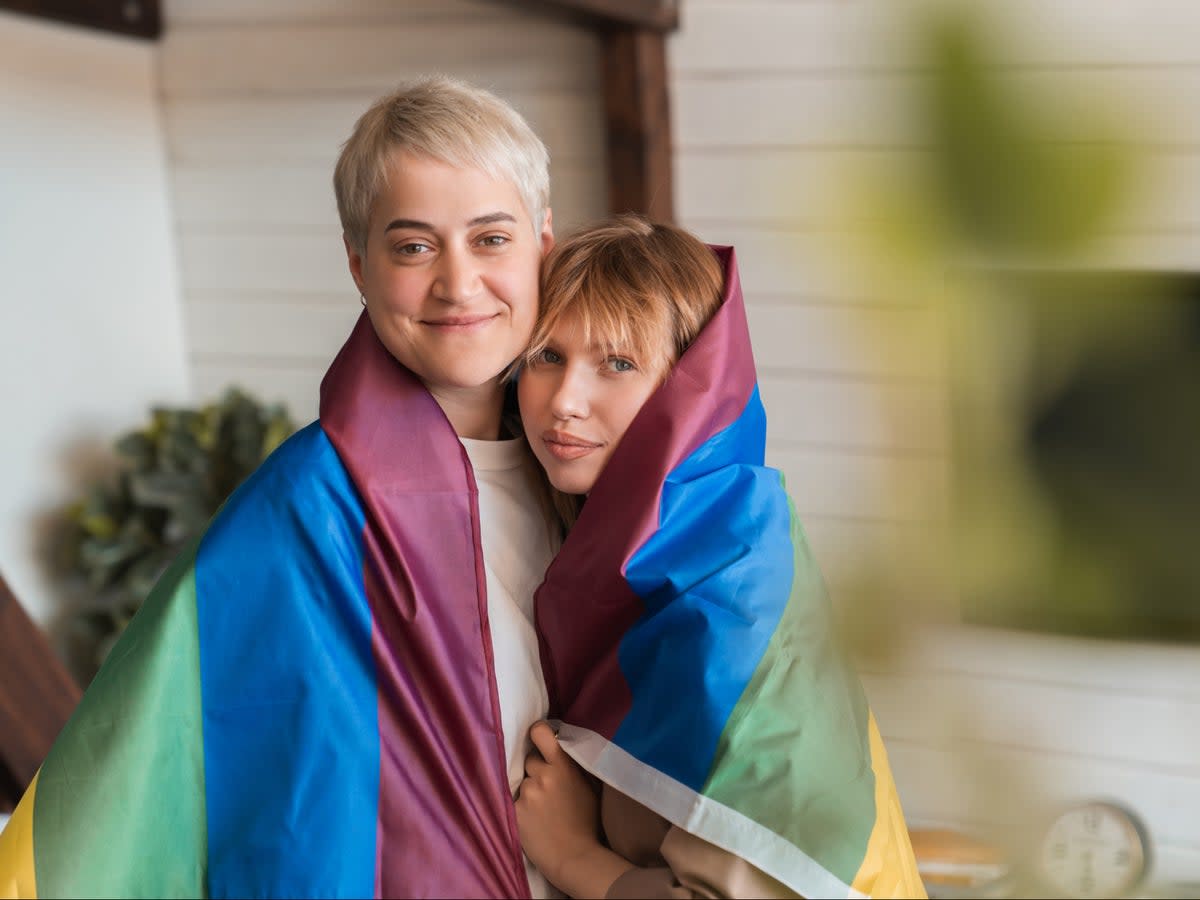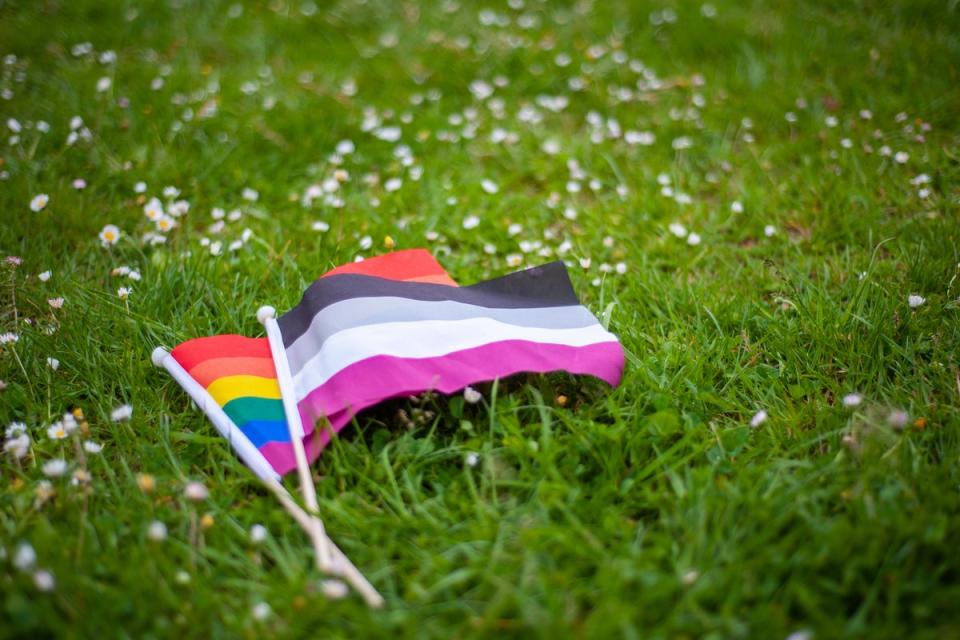What does asexuality mean?

Sexuality can be a complicated topic and, while much progress has been made in recognising the full spectrum that comes with it - from heterosexual and homosexual to bicurious and androphilic - there is still little understood about asexuality.
While more people have become aware of asexuality, thanks to efforts by the LGBT+ community and intiatives like Internationa Asexuality Day on 6 April, the term might still be confusing to some.
A 2019 poll by Sky Data found that, while more than half (53 per cent) of UK adults said they were confident in explaining what asexuality is, the majority (75 per cent) were wrong when put to the test.
Commenting on the findings, Dr Michael Yates, a clinical psychologist specialising in sexual health said: “It shows there is still a lack of understanding of the diversity that exists when it comes to sexuality.
"We're getting better but our society is highly sexualised and the messages we get around sex are pretty constant.
“Asexual people have often felt pressured into conforming to what is expected by society, just like LGBT people have historically.
”This leads to shame, distress and discomfort for people who feel they should be doing something that they are just not biologically driven to do.“
So, what exactly is asexuality? Here’s everything you need to know.
What does it mean to be asexual?
According to the Asexual Visibility and Education Network (AVEN), asexuality is an intrinsic part of who a person is, just like any other sexual orientation.
The organisation describes an asexual person as someone who “does not experience sexual attraction”, meaning they are not drawn to people sexually and “do not desire to act upon attraction to others in a sexual way.”
However, it is important to differentiate between asexuality and celibacy, which is a choice to abstain from sexual activity.
How many people identify as asexual?
Estimates for the asexual proportion of the population are limited but AVEN states the most widely cited figure is that roughly one per cent of the population currently identify as asexual.
Do asexual people experience attraction?
While there are significant differences in the needs and experiences of those within the asexual community regarding attraction, AVEN says that many experience forms of attraction that can be “romantic, aesthetic or sensual in nature but do not lead to a need to act out on that attraction sexually”.
It goes on to define the different types of attraction including, romantic - the desire to be romantically involved with another person - aesthetic – the appreciation for a person’s appearance – and sensual - the desire to engage in sensual (but not sexual) activities with a person, such as cuddling, hugging, or kissing.
Do asexual people experience arousal?
According to AVEN, many asexual people experience arousal, or libido, but it is not associated with a desire to find a sexual partner.

That being said, other asexual people may experience little or no arousal, often called non-libidoist asexuals.
“With asexuality, the individual has never or almost never experienced sexual attraction and has never had an interest in sex,” Dr Yates explained.
”The big difference is low sexual desire often causes distress. For asexuals, not being sexually attracted to someone isn't of itself distressing. It's not a problem in their lives.“
Can asexual people have relationships?
People who identify as asexual still have emotional needs but how these are fulfilled varies from person-to-person.
AVEN says that many asexual people may still desire a romantic relationship, while others may find satisfaction in close friendships, or feel happier being on their own.
How do you know if you’re asexual?
AVEN defines an asexual person as “someone who does not experience sexual attraction or an intrinsic desire to have sexual relationships.” However, it insists that only you can decide “which label best suits you”.
For more information on asexuality, you can read AVEN’s FAQ’s here.

 Yahoo Movies
Yahoo Movies 
